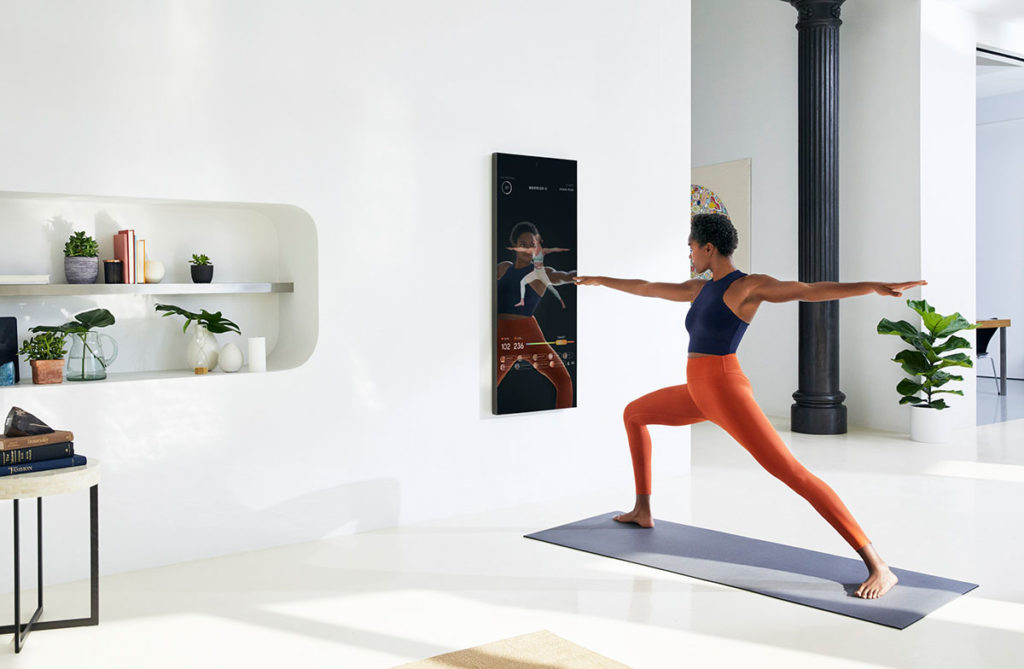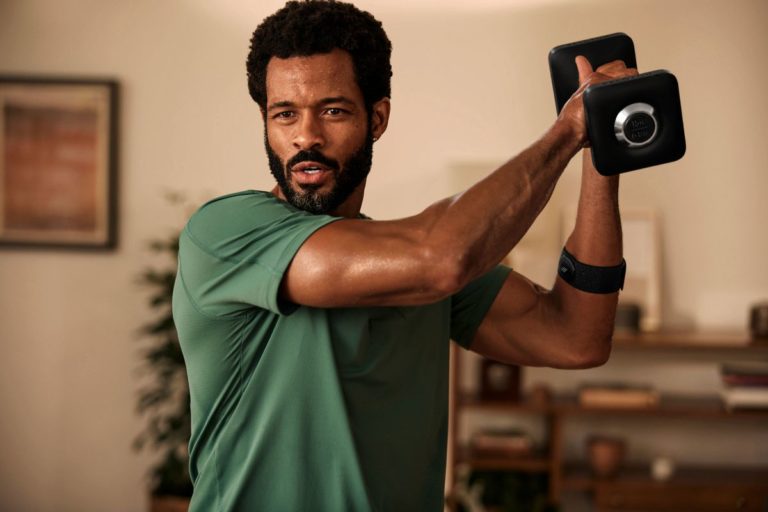In a massive move with implications across retail, fitness, and technology, lululemon is acquiring Mirror for $500M in cash.
Context: Mirror is a connected fitness company that pairs an interactive screen (or “mirror”) with subscription-based exercise content.
- Founded in 2016, the company has previously raised more than $70M in funding, valuing the company at $300M. Of note, lululemon invested $1M into Mirror last year.
- Mirror founder Brynn Putnam said the company is on track to do $100M in revenue this year, with profitability in sight by 2021.
On paper, the deal makes a lot of sense. For starters, the acquisition fits with lululemon’s ambition to become an experiential brand that helps customers live a healthier lifestyle. The fact that Putnam is also the founder of Refine Method, a boutique fitness studio, and a former lululemon ambassador solidifies the alignment.
Looking closer, there are other obvious pros:
- Content: Nowadays, every company is a content company. lulu will continue using its global ambassador network to create content for the Mirror platform.
- Apparel: Will every Mirror instructor wear lulu? Will lulu drop exclusive apparel for Mirror users? Can you shop the look of your favorite instructor? Yes.
- Technology: Putnam has said Mirror might pursue other verticals, like fashion. If this partnership moves further into AR, it could help shoppers get the right fit or shop from home. Longer shot: connected yoga pants.
- Revenue: If profitability is within reach, lulu will benefit from diversifying its revenue — they already have the storefronts. It’s a good sign that Mirror and Putnam will continue to operate independently.
On the flip side, like most acquisitions, this isn’t a sure thing:
- Price: Mirror is on track to do $100M this year. But that number might be juiced by a COVID surge. Was the sale price 5x revenue or actually much more?
- Competition: There’s a long list of Mirror-like competitors. Beyond that, how much longer will a “mirror” be necessary if iPhone apps or standalone cameras can track movement?
- Core competency: At the end of the day, lululemon is a retailer. As Nike (FuelBand), Under Armour ($700M on connected fitness), and adidas ($240M for Runtastic) have learned, crossing the chasm into fitness or digital is no easy task.
Punchline: Ultimately, time will dictate the significance of this deal. But a few things are plain to see. First, this could be the lead domino, setting off an arms race for digital and connected fitness companies. Where do Nike, Apple, Peloton, and others fit in?
And two, brick-and-mortar fitness operators should be on high alert. After COVID, the gym won’t be the center of the fitness ecosystem. Now, retailers are competing for a piece of the pie. Further complicating matters, the industry’s top talent (instructors, technologist, execs) and funders will be chasing the next Peloton or Mirror, not another gym or studio. Much, much more to come…




